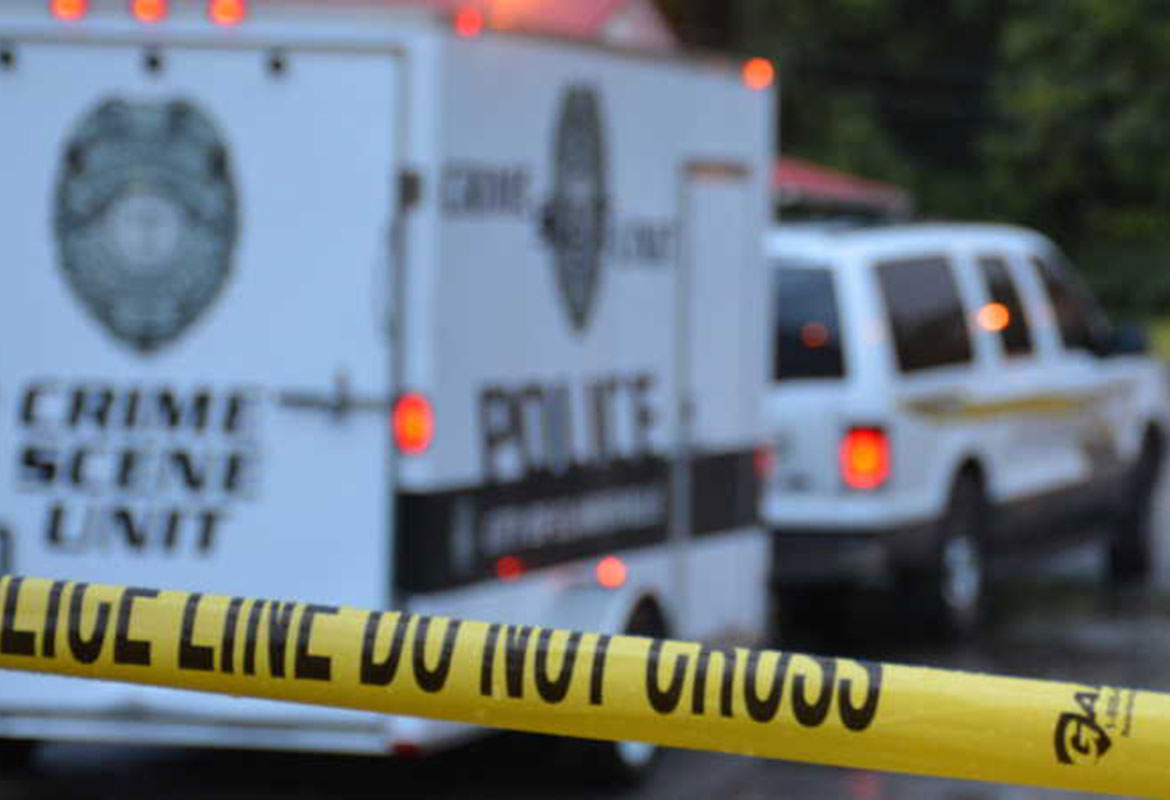ABUJA, Nigeria — A Christmas charity event turned tragic in Nigeria’s capital city of Abuja early Saturday, December 21, 2024, when a stampede at the Holy Trinity Catholic Church left 10 people dead, including four children and many others injured.
The stampede occurred as a large crowd gathered to collect food items being distributed by the church, police spokesperson Josephine Adeh said.
More than 1,000 people were evacuated from the scene, and some of the injured were treated and discharged while others remain in medical care.
“This is a heartbreaking incident,” Adeh said in a statement. “Our thoughts are with the victims and their families.”
Scenes of Chaos
Viral videos from the scene showed lifeless bodies on the ground as frantic onlookers shouted for help.
Witnesses described the crowd surging toward the distribution point, leading to a crush that overwhelmed organisers and first responders.
“It was meant to bring joy, but it ended in unimaginable sorrow,” said a resident who declined to be named.
Recurring Tragedy
The stampede is the second such disaster in Nigeria within a week.
Earlier, 35 children were killed in a similar event in Oyo state, where a local foundation organised a funfair to distribute gifts to children.
Nigeria has a history of deadly stampedes at charity events.
In 2022, a stampede at a church event in southern Nigeria left 31 people dead, including a pregnant woman and several children.
These incidents have raised serious concerns about safety measures and crowd management at such gatherings.
New Regulations Announced
In the wake of the Abuja tragedy, local authorities announced new measures to regulate charity events.
Police now require prior permission for such distributions to ensure proper safety protocols are in place.
“We will not allow a repeat of this tragedy,” Adeh said, urging organisers to work closely with local officials to prevent overcrowding.
Economic Hardship and Rising Need
The stampede reflects the growing desperation in Nigeria as citizens grapple with the worst cost-of-living crisis in a generation.
Inflation is at a 28-year high, and the local currency, the naira, has plummeted to record lows against the dollar under President Bola Tinubu’s administration.
Charity events like the one in Abuja have become increasingly common as churches and organisations attempt to provide relief during the holiday season.
However, the surging demand underscores the country’s worsening economic conditions.
President Tinubu, who took office in May 2023 promising “renewed hope,” has faced mounting criticism over economic policies that have exacerbated hardship for millions.
Protests against inflation and unemployment have erupted in recent months, with at least 20 people killed during demonstrations in August.
As Nigeria mourns the victims of yet another tragedy, the need for improved safety measures at public events and long-term solutions to economic hardship is more urgent than ever.







